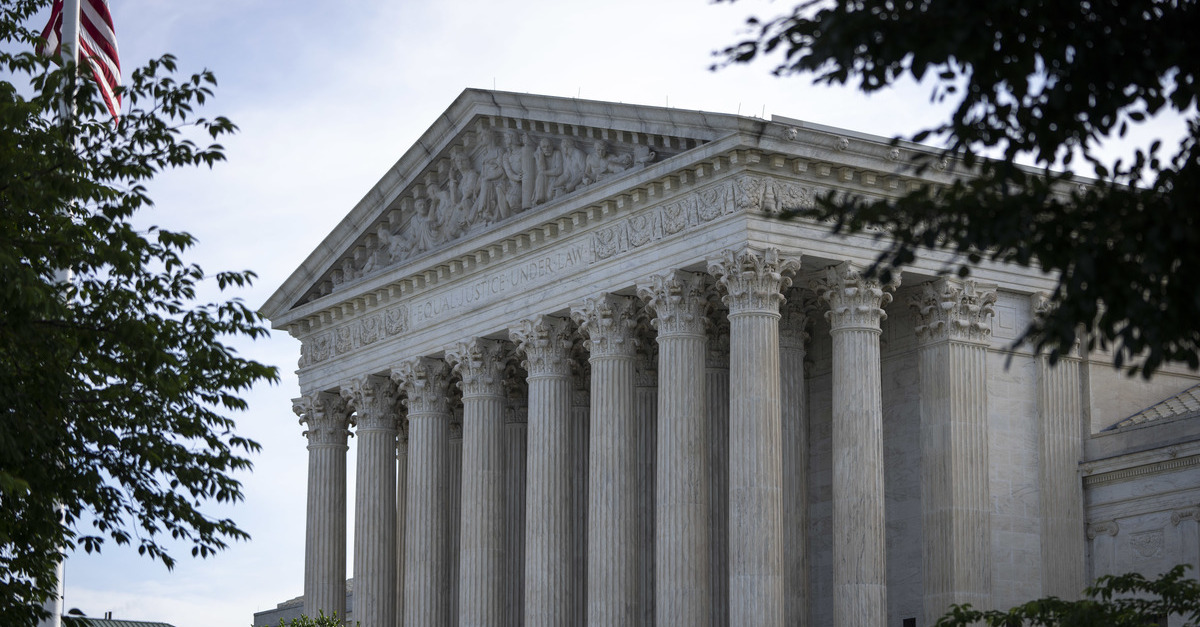
The U.S. Supreme Court on Monday gave the Biden administration the chance to weigh in on Harvard’s use of race in the university’s admissions process, inviting the acting U.S. solicitor general to file a brief arguing whether the high court should take up the case in its next term.
The justices’ invitation, which was not issued with a filing deadline or a mandatory order, effectively postponed the court from making a decision on the hot-button affirmative action issue at the center of the long-running litigation initially brought by the group Students For Fair Admissions (SFFA).
SFFA is led by conservative legal strategist Edward Blum, known for his decades-long battle against affirmative action. Though he’s been a part of several race-related federal lawsuits, he is perhaps best known for his work with Abigail Fisher, who claimed that her rejection from the University of Texas Austin was due to her being white.
The group—which first filed their federal lawsuit in Massachusetts in 2014—is represented by attorneys William Consovoy and Patrick Strawbridge of the law firm Consovoy McCarthy. Consovoy also represented former President Donald Trump in his protracted legal fight to prevent Manhattan District Attorney Cy Vance from obtaining the former president’s tax returns.
The university won at the district court and circuit court levels despite the Trump administration contending that Harvard use of race in its admissions process violated federal civil rights law as well as Supreme Court precedent.
A three-judge panel on the U.S. Court of Appeals for the First Circuit last year ruled that the university’s limited use of race in its admissions process with the goal of achieving greater diversity was “consistent with the requirements of Supreme Court precedent.”
However, the university would likely face its least friendly panel should it ever argue the case before the most conservative Supreme Court in decades.
Justice Brett Kavanaugh in 2018 replaced Anthony Kennedy, the justice for whom Kavanaugh had clerked. Kennedy wrote the 4-3 majority opinion in a 2016 affirmative action case, siding with the University of Texas against Abigail Fisher in a case with similar circumstances. Fisher, a white woman, had argued unsuccessfully that her 14th Amendment rights were violated when she was rejected by the university while “lesser-qualified” minority students were admitted. Fisher’s case was similarly orchestrated by Blum.
With Amy Coney Barrett having also replaced liberal icon Ruth Bader Ginsburg—who also voted with the majority in the 2016 Texas case—and the three dissenters in the case still remaining on the bench, the court is decisively more conservative than the last time it faced the issue.
President Joe Biden is on record as supporting affirmative action. Attorney General Merrick Garland has been notably silent on the issue, and his long career as an U.S. appellate court judge supplied few clues, other than his pragmatism and adherence to legal precedent.
The Justice Department did not immediately respond to an email asking whether it will take the Supreme Court up on the invitation to weigh in on the case.
[image via Drew Angerer/Getty Images]